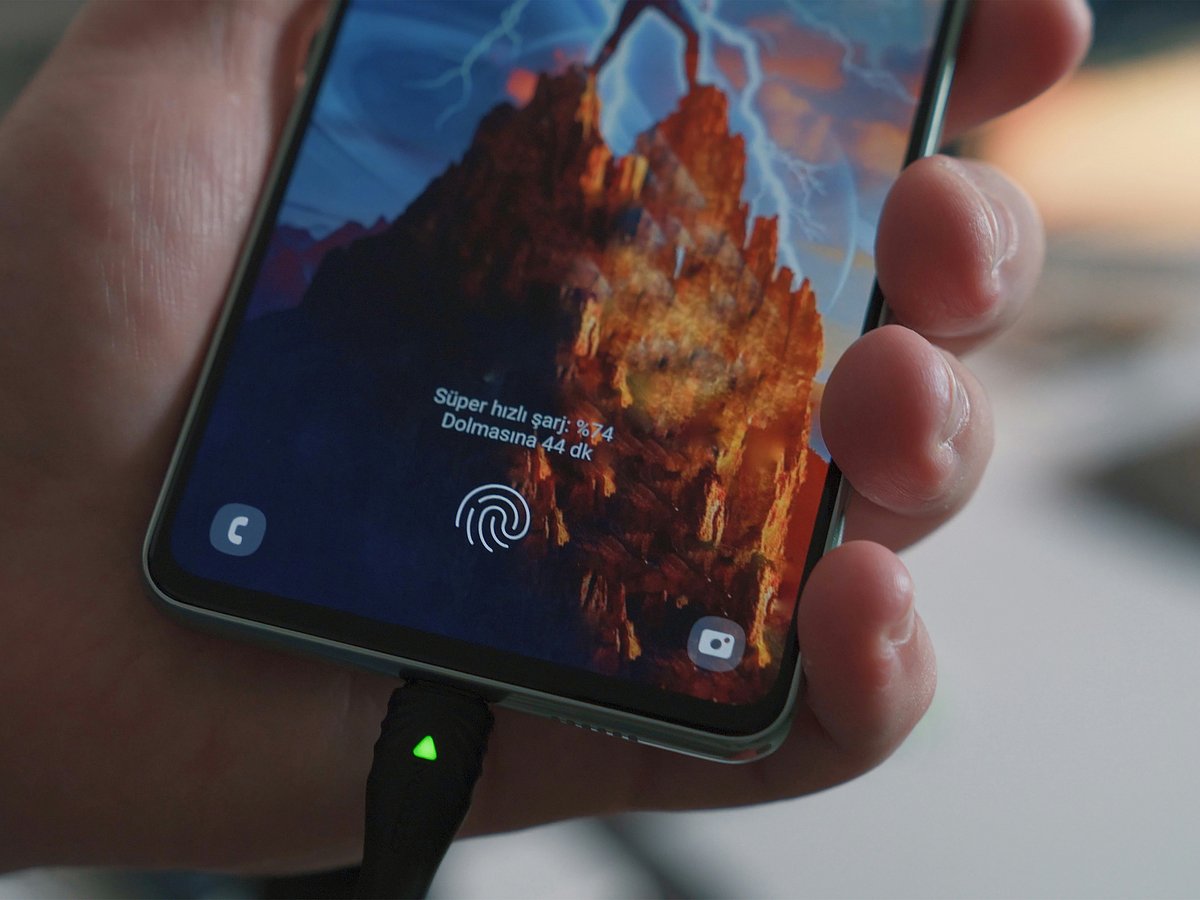79% travellers are exposed to data breaches because of one simple thing: UAE Cyber Security Council
Public charging ports pose hidden cyber risks, warns UAE Council

It can be tempting to use a public port to charge your phone when your battery is dying and you need it to work, but you could be putting yourself in a vulnerable position.
The UAE Cyber Security Council has called for vigilance and selectiveness when using a charging port. It said 79 percent of travellers unknowingly expose their personal data to danger when they use unsecured public stations.
Some ports hide malware and may be able to hijack your personal data including passwords and images, by exploiting media transfer protocols that activate automatically when devices are connected.
The council told WAM that 68 per cent of firms have been targeted because of such ports. These connections have resulted in data breaches and loss of digital infrastructure.
There are certain signs you should watch out for, if you are charging your device using an unsecure port. These include:
rapid battery drain,
slow application performance,
repeated system crashes, and
the appearance of unfamiliar symbols or messages on the device.
The Cyber Security Council offered preventive tips such as:
carrying a personal charger while travelling,
avoiding public charging stations as much as possible,
rejecting any data-transfer requests during charging,
enabling two-factor authentication,
using biometric login features such as fingerprint or facial recognition, and
reviewing app permissions.
The council pointed out why it is important to verify the safety of apps.
The Cyber Security Council recently launched a weekly awareness campaign under the Cyber Pulse initiative aimed at increasing public awareness of safe digital practices and offering guidance on how to counter various cyber threats.
Network Links
GN StoreDownload our app
© Al Nisr Publishing LLC 2026. All rights reserved.